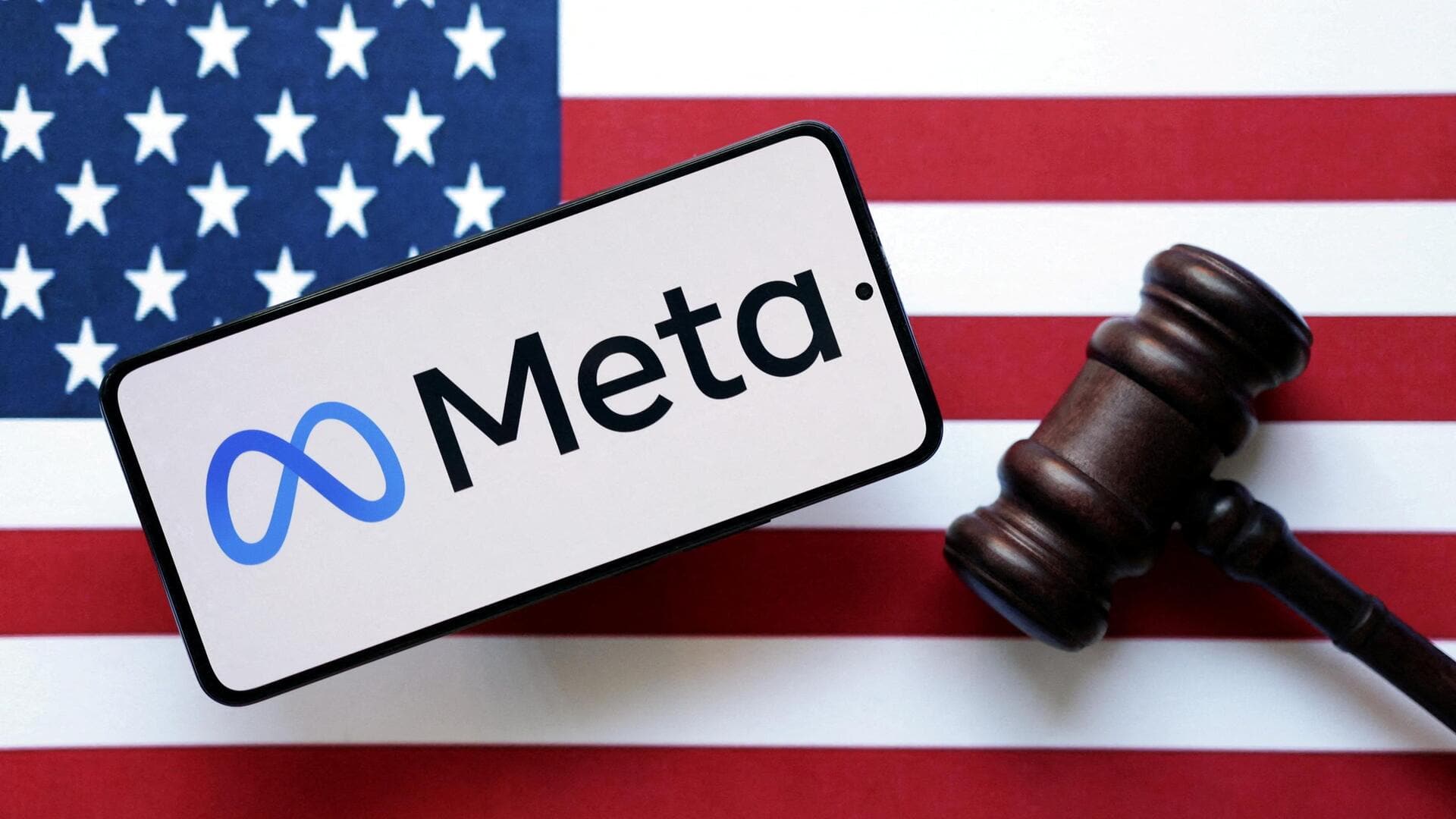Meta petitions US Supreme Court to dismiss Cambridge Analytica lawsuit
What's the story
Meta has asked the US Supreme Court to throw out a federal securities fraud lawsuit related to the notorious Cambridge Analytica data breach.
The case was filed by investors who claim to have been deceived by Facebook over its data misuse.
The class-action suit is spearheaded by Amalgamated Bank, which blames Meta for downplaying the 2015 breach's impact.
Compensation claim
Investors seek compensation for stock value drop
The lawsuit originates from the Cambridge Analytica data breach. The British political consulting firm was accused of using personal data of more than 30 million Facebook users without authorization to sway voters in Donald Trump's 2016 presidential campaign.
The investors claim that Meta's lack of transparency caused them huge losses and are demanding financial compensation for the company's plummeting stock value.
Legal debate
Supreme Court divided on Meta's risk disclosures
The legal battle centers on whether Meta's risk disclosures misled investors by failing to acknowledge that the risks it warned about had already materialized. The Supreme Court justices seemed divided on this.
Meta's lawyer contended that the company's warnings were forward-looking statements and didn't require disclosure of past breaches, arguing that a "reasonable investor" wouldn't expect these warnings to cover events that had already occurred.
Judicial skepticism
Justices question Meta's defense
Chief Justice John Roberts countered Meta's defense by arguing that such warnings could mean past events had actually occurred.
Justice Clarence Thomas also seemed doubtful, adding that a reasonable person could misinterpret the statements as saying the data misuse had never happened.
Despite these questions, Meta's defense stood firm that the disclosures were not misleading.
Broader implications
Case could redefine corporate accountability
The case has wider implications as it could change how companies disclose risks and defend against securities fraud claims.
The Cambridge Analytica scandal has already hit Facebook hard. The company settled $100 million claim with the US Securities and Exchange Commission in 2019 and paid $5 billion fine to the Federal Trade Commission.
The fate of investor lawsuit now lies with a 6-3 conservative majority Supreme Court, whose eventual ruling could redefine corporate accountability in data privacy and securities law.
